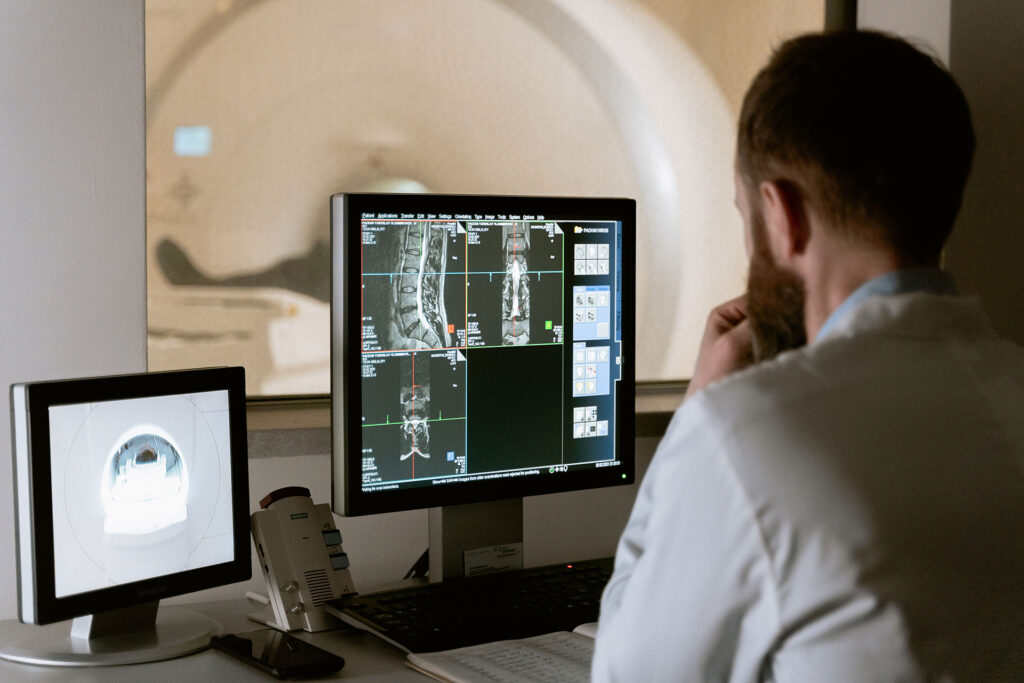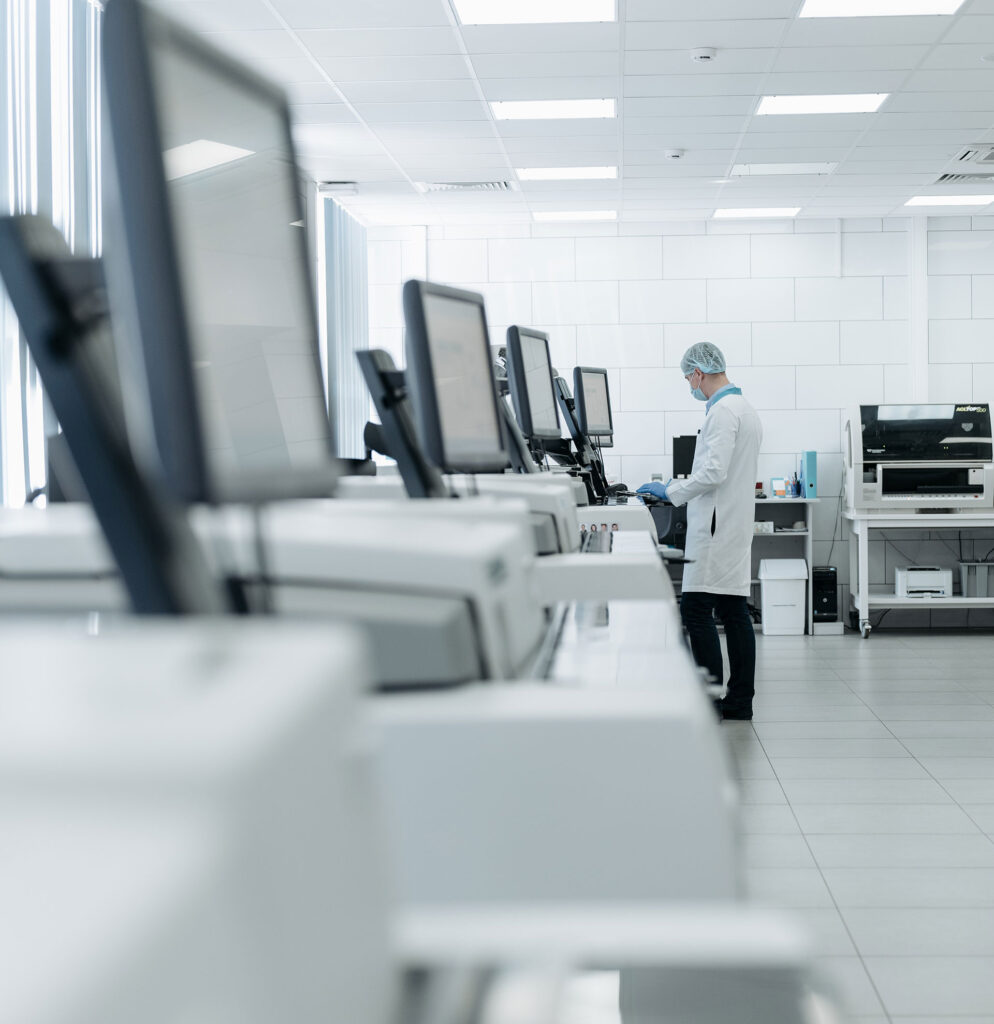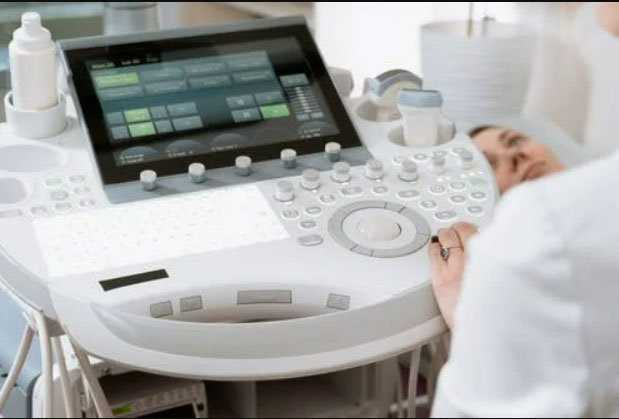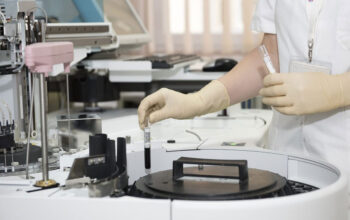Artificial intelligence and machine learning are poised to completely reshape healthcare. Furthermore, the impact of these technologies will be felt by consumers, providers, payers, employers, and governments. Machine learning algorithms are already being used to help detect skin cancer and heart attacks, predict heart failure and improve the accuracy of mammography.
With all of the breakthroughs in artificial intelligence, machine learning is becoming increasingly important in healthcare. It can automate many things that have traditionally been done by humans and it can analyze far more data than humans are capable of. Machine learning is also a quicker way to make sense of the large mountains of data being created every day.
The field of medicine is one of the fastest growing fields in technology, and in recent years, there’s been a lot of buzz around the potential of machine learning to improve the quality of healthcare. Some of it is hype, but some of it is real promise.

Robust data
Healthcare data is robust, structured, and unstructured which makes it a lucrative source of insights. With that in mind, and the promises of artificial intelligence and machine learning are huge, many startups are cropping up to collect and use healthcare data to try and help improve the quality of health. Here are some examples of nonprofits & startups that are using healthcare data.
Machine learning (ML) is capable of remarkable feats, from taking over manual tasks to identifying subtle patterns in vast quantities of data that human experts are unlikely to find on their own.
ML models can be trained to detect new signals and problems with greater accuracy and speed than humans. Machine learning uses artificial intelligence to predict outcomes by analyzing vast amounts of data and recognizing patterns.
Machine learning typically requires “supervised” training, meaning that the model must be provided with labeled data in order to learn. Some forms of machine learning are called “unsupervised” because they examine unlabeled data to discover underlying structures.
To achieve the most accurate results, machine learning algorithms require robust data sets that cover all angles of a problem or condition.
A proactive strategy
The new generation of medical technology is based on machine learning. These systems are designed to learn from the data and experiences collected by doctors and patients. Using the latest machine learning methods, we can create a system that is able to predict which symptoms or problems may occur.
It will be able to recommend appropriate treatments based on individual patient characteristics. In this way, doctors can make more informed decisions about treatment options for their patients.
By using this system, we can reduce costs and increase efficiency in healthcare systems. This is because we do not need to hire additional staff for data collection purposes or to manually analyze patient records.
The system will be able to predict what could happen next so that it would recommend appropriate treatments before they happen. The result of this is higher quality care at lower costs for everyone involved: patients, doctors, insurance companies, etc.
Machine learning has a lot to offer the healthcare industry, but it’s not always easy to get started. For example, many healthcare organizations don’t have access to the right tools or talent to make the most of the technology.
To address this challenge, a team of data scientists at Amazon Web Services (AWS) recently created a guide called “Data science in healthcare: A proactive strategy for building an ML practice.” The team aims to provide resources to help healthcare organizations navigate the sometimes-complex adoption process and learn how machine learning can benefit them.

Data-sharing capabilities
The use of machine learning in healthcare is a growing trend. It can be used to streamline operations like insurance claims processing, inventory tracking, and scheduling. In addition to its capabilities for sharing data, storing it in a central location, and creating a system that allows doctors to view patient data across multiple locations and platforms, machine learning is also capable of performing tasks like image recognition and drug discovery.
The healthcare industry is facing many challenges: the growing complexities of medical knowledge and data, the chronic shortage of qualified healthcare professionals, and the rising cost of healthcare. The application of machine learning in healthcare can help to overcome these challenges by automating the processes that are currently performed manually.
For example, machine learning can analyze medical images and spot diseases from them more efficiently than physicians can. It can also make predictions about a patient’s health status and recommend treatments that are personalized to the patient.
The use of machine learning in healthcare can also help to improve population health management. For example, it can be used to predict the spread of epidemics or identify which patients are at risk of developing certain diseases so those patients can be monitored closely and receive targeted interventions.
Deep learning and automation
Before we can understand how deep learning and automation are affecting healthcare, we need to define these terms. Machine learning is a subfield of AI that focuses on computer programs that learn from experience rather than directly programming computers with specific instructions. Deep learning is a subfield of machine learning that focuses on systems that mimic the human brain by layering concepts upon concepts to gain more comprehensive knowledge about the world.
The biggest way deep learning and automation are impacting healthcare is through medical imaging. For example, using deep learning, medical researchers have been able to accurately detect cancer cells in blood samples, which can be difficult for humans because cancer cells can resemble healthy cells when using traditional methods of detection.
Other medical researchers have used deep learning to detect stroke victims faster and more accurately than doctors could before, which could allow them to receive treatment sooner and avoid permanent damage to their brains.
Artificial intelligence (AI) and automation are also having an impact on healthcare by lowering the cost of care. Hospitals can be pricey because they require a large number of staff members to be on call at all times.

Analytical insights that are useful
The healthcare business could be transformed by machine learning. Patients will be able to receive more personalized care and prescription regimens thanks to the real-time analysis of their medical and personal data. Additionally, doctors can utilize machine learning to swiftly and effectively diagnose ailments, allowing them to instead focus on caring for their patients instead.
While machine learning has many advantages in healthcare, it also has a number of disadvantages. This data is currently being gathered in an incorrect manner, and hospitals aren’t gathering enough data to generate accurate or actionable findings. Machine learning will change healthcare if these issues can be resolved.
As a result of machine learning, a wide range of healthcare applications, including clinical decision support systems and natural language processing are now possible.
Unstructured data can be turned into actionable information by using machine learning in the healthcare industry. This can be accomplished by using machine learning tools that reduce operating costs and increase quality of care.
Improving the quality of data in effort to enhance health equity
Health care is already using machine learning and artificial intelligence (AI). Our understanding of the need of improving data quality in this discipline is growing as time goes on.
For better illness identification and prevention, using AI on a wide scale in conjunction with electronic health information is a good idea. It is also possible to speed up data processing with AI algorithms, which will allow medical practitioners to make better-informed judgments faster.
Opportunities abound, particularly in the healthcare industry. Many medical problems can benefit from using machine learning to better understand the outcomes of patients and provide predictions about probable issues. This problem can be better understood by machine learning models over time as more data is fed into them. Machine learning techniques are critical resources that must not be overlooked if we are to improve the health of the world’s population.




5 thoughts on “Why Is Machine Learning Important in Healthcare?”